It’s been a busy couple of months for me, driving across Europe and along the Black Sea coast of Turkey, and now exploring Georgia, Azerbaijan and Armenia. Add in full-time freelance work and my continuing attempts to finish a novel, and it doesn’t leave much time for blogging.
So I seem to have missed the September roundup, but I’ll go ahead with October anyway. Some good books here—even though I was busy, the reading didn’t suffer.
Travels With Charley by John Steinbeck
I loved John Steinbeck’s classic novels like The Grapes of Wrath and Of Mice and Men, so I thought I’d try this account of his road trip across America late in his life in a makeshift campervan accompanied by a French poodle called Charley. It’s an endearing and often insightful tale. Journalists have recently found that Steinbeck played fast and loose with a lot of the facts in the book, but I’m not sure how much that matters in this case. It’s a personal, novelistic kind of book anyway, and it says something interesting about life in 1960s America, even if he embellished some of the details.
Economics for the Many edited by John McDonnell
An interesting series of essays on alternative economic theories and how they could support a progressive political agenda. It’s a measure of the dire quality of debate in the British media that none of these important issues will be discussed in the coverage of the coming UK general election campaign.
My Life as a Rat by Joyce Carol Oates
In a tight-knit Irish-American family, a young girl witnesses something terrible. Should she speak up about it or keep quiet? The moral dilemma at the centre of the novel is compelling, but there’s much more to this book too—it’s also a searing exploration of racism and gender oppression in America. The main character is quite disconnected, which is realistic given what she goes through, but it also makes her tough to understand sometimes. After a long time spent inside her head, I still didn’t really feel I knew her. But I loved the novel anyway, and some of the writing was just beautiful.
Private Island by James Meek
A comprehensive account of how so many of the UK’s public goods were sold off under Thatcher and her successors. And, more importantly, it shows how the rationale of greater efficiency and wider share ownership completely failed. The outcome in each case was the same: a massive transfer of wealth to the already wealthy, and shocking failures that the public then had to pay for all over again. A depressing but important read.
The Inheritance of Loss by Kiran Desai
I’ve been meaning to read this book since it won the Booker Prize, which I’m shocked to see was back in 2006! So much for my TBR list. Anyway, it was worth the wait. A really moving account of the various losses incurred by an odd collection of characters in a troubled village in northern India, as well as a young man struggling to make it in the kitchens of New York. And the book weaves in so much great insight into colonialism, post-colonialism, emigration, nationalism and more.
10 Minutes 38 Seconds in This Strange World by Elif Shafak
A woman lies dead in an Istanbul rubbish dump. For 10 minutes and 38 seconds, Leila’s brain keeps working, and she remembers scenes from her life that tell us how she came to be here. These scenes also introduce the five friends who refuse to accept her hasty dumping in the “Cemetery of the Companionless” by heartless city employees and attempt to give her a proper send-off.
The Verdict
This was a really good month of reading for me—I’d recommend all six of these books for different reasons. It’s tough to pick a winner, but I’d go with Elif Shafak’s novel for the innovative idea and the sad and beautiful story of the tough lives of Leila and her friends.
What have you been reading lately? Leave your recommendations in the comments.

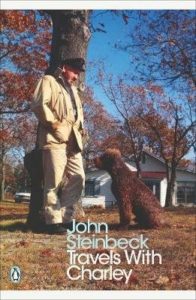
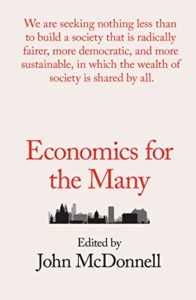

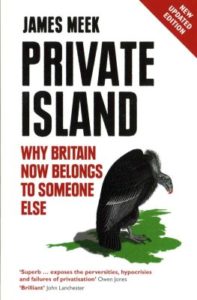
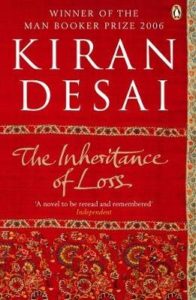
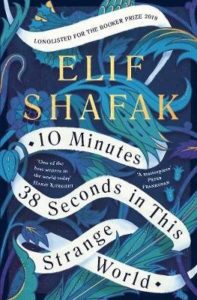


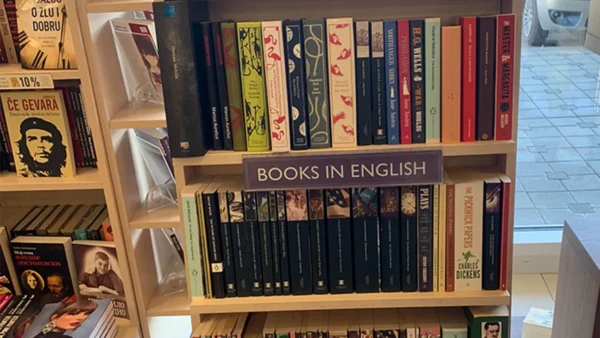
There are 9 comments
I’m fascinated by the places you’ve been travelling! I imagine you’re writing freelance by the loads, but I’ll offer my hope that you might be planning a travel memoir after all you’ve seen. Congrats to you for all you’ve managed to read.
Oh, drat–Forgot to mention that I’ve added The Inheritance of Loss to my list. I’m always seeking novels set in India by Indian writers. Thanks.
Thanks Judith! Yes, I’ve being doing loads of freelancing recently, and with all the travel, I haven’t even had time to keep up with blog comments, let alone write a memoir 😉 But thanks very much for the encouragement! I’d love to write something like that if I can find the time to put my thoughts together. Hope you enjoy Inheritance of Loss!
I’m fascinated too by the places you’re travelling too, having got interested in the Black Sea after reading Natascha Wodin’s memoir of her mother, Sie kam aus Mariupol which, among many other things, evokes the Black sea port of Mariupol so well both before and after the Russian revolution and the Ukrainian civil war. See my post on this book at Peak Reads:
https://bit.ly/32pgB4t
I’m also interested to hear about 10 minutes 38 seconds in this Strange World as I’m keen to read that-it’s supposed to be good on Istanbul, the city and its history too.
One of my best reads in October was When I hit you by Meena Kandasamy- an account of domestic violence in South India and an innovative approach to this subject, combining skilful narration with sharp social commentary.
Hey, thanks for two great recommendations in one comment, Mandy. I love the sound of that Black Sea memoir, although I’ll have to wait for the English translation—I did A-level German, but that was very long ago now, and these days my German is just conversational. It’s a fascinating part of the world with so much diversity of culture. And I am looking forward to reading When I Hit You. It should pop up in one of my roundups in the next month or two 🙂 Yes, Elif Shafak deals really well with history, weaving it in very effortlessly. It’s a great insight into Istanbul, as well as the eastern city of Van in the childhood section.
It’s true: writing cuts into reading time mercilessly. And, yet, one activity cannot preclude the other entirely.
I loved the Desai novel. And I heard an interview with Shafak recently (maybe on BBC, or The Guardian podcast?) and it sounds so intense/interesting.
Good luck with your projects – and your travelling!
Yes! The key for me is trying to reduce other activities, like travel and freelancing. When my life is balanced, the writing and reading and blogging all feed off each other and support each other. When it isn’t, I feel as if I don’t have time for anything.
I’ve read a couple of Shafak books now and loved them both. Never heard her interviewed, but she’s one of those writers that I’m pretty sure I would like just from the way she writes and the subjects she deals with. I’ll try to find that interview, and I hope you read the book!
You’re writing another book! I know I’m probably very slow on the uptake here, but that’s great to hear. You’ll get it finished 🙂
I’ve not read Steinbeck but the book on the road trip sounds really interesting, even if it isn’t quite factual. I’d read the Desai as well. I’ve still got Marlon James’ winner on my shelf unread but it’s in mind.
The book I’d recommend from my reading would be Julia Armfield’s Salt Slow – eerie short stories on the Young Writer of the Year list. I’m not sure she’ll win but it’s a brilliant collection.
Thanks Charlie! Yes, I will. Don’t know when, but I will 🙂
Salt Slow sounds excellent! I’ll check it out. Thanks for the recommendation!